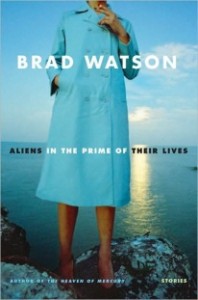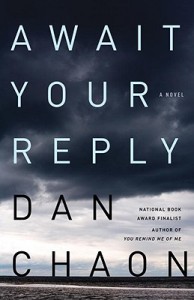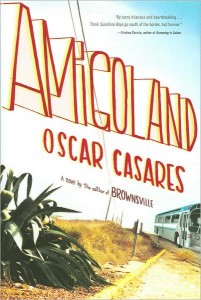Dear Franny,
by Lee Thomas
I know, sweetheart. I know how you feel. I left school because I was surrounded by people who failed to recognize their potential as human beings. They nattered on and on about the most insubstantial things, and they could not see past the end of their egotistical noses, and more than once I felt queasy when I stared down at a chicken sandwich, inane prattle ringing in my ears. But I promise you that there are still people who are bright and good and kind. The above is an excerpt from a letter to Franny, you know the one, of […]






























